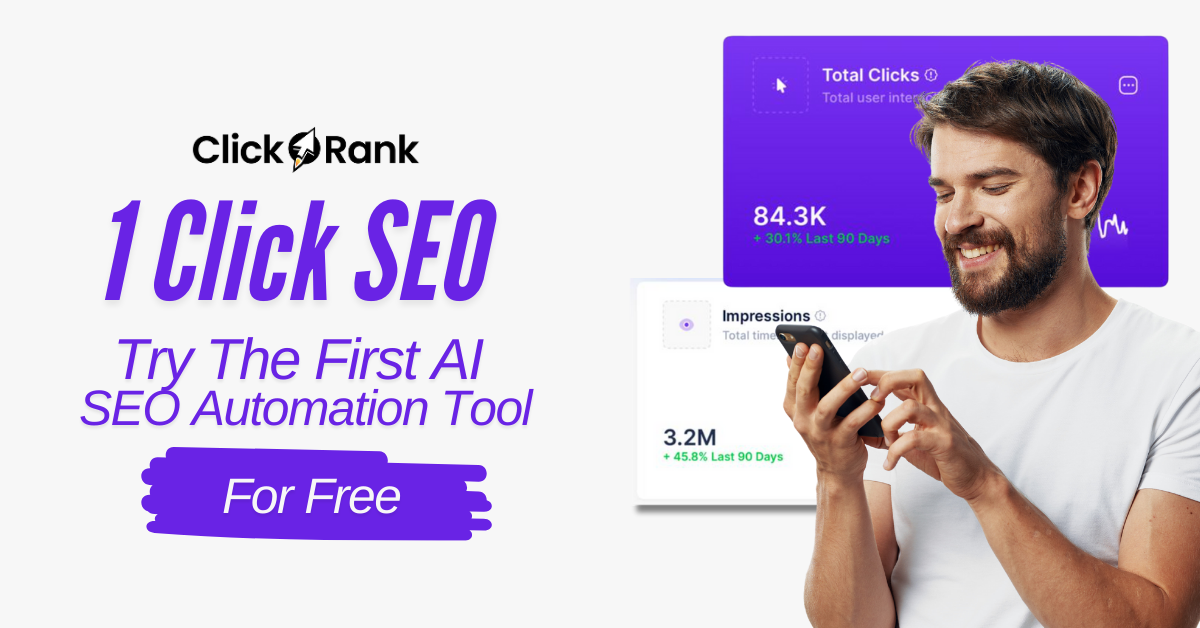
From Zero to Sold Out: The Art of Promoting Virtual Events Like a Pro
Virtual events have become increasingly popular in recent years, especially in light of the COVID-19 pandemic. These events allow individuals and businesses to connect, share information, and engage with their audience without the need for physical presence. However, promoting virtual events requires a different approach than traditional in-person events. Understanding the unique challenges and opportunities of virtual event promotion is crucial for success.
One of the key differences in promoting virtual events is the lack of physical presence. Without a physical location to attract attendees, organizers must rely on digital marketing tactics to reach their target audience. Additionally, virtual events often require a different value proposition to entice attendees, as the convenience of attending from anywhere may not be enough to drive interest. Understanding the nuances of virtual event promotion is essential for creating effective marketing strategies.
Key Strategies for Promoting Virtual Events
When it comes to promoting virtual events, there are several key strategies that organizers can employ to maximize their reach and engagement. First and foremost, creating a compelling event website or landing page is essential for driving interest and registrations. This includes clear and concise information about the event, engaging visuals, and easy registration processes. Additionally, leveraging search engine optimization (SEO) tactics can help ensure that the event is discoverable by potential attendees.
Another key strategy for promoting virtual events is utilizing targeted digital advertising. Platforms such as Google Ads and social media advertising can help organizers reach their desired audience and drive registrations. By targeting specific demographics, interests, and behaviors, organizers can ensure that their promotional efforts are reaching the right people. Additionally, leveraging partnerships with relevant organizations or influencers can help expand the event’s reach and credibility. By collaborating with industry leaders or thought leaders, organizers can tap into existing audiences and drive interest in the event.
Leveraging Social Media for Virtual Event Promotion
Social media has become a powerful tool for promoting virtual events, offering organizers a platform to engage with their audience, share compelling content, and drive registrations. Leveraging social media for virtual event promotion involves more than just posting event details; it requires a strategic approach to engage and entice potential attendees.
One effective strategy for leveraging social media for virtual event promotion is creating engaging and shareable content. This can include teaser videos, behind-the-scenes looks, speaker interviews, and interactive polls or quizzes related to the event. By creating content that resonates with their audience, organizers can generate excitement and anticipation for the event. Additionally, utilizing social media advertising can help extend the reach of promotional content and target specific demographics or interests.
Another key aspect of leveraging social media for virtual event promotion is engaging with the audience in real-time. This can include hosting live Q&A sessions, responding to comments and messages, and creating interactive experiences such as polls or challenges. By actively engaging with their audience, organizers can build a sense of community around the event and encourage participation. Additionally, utilizing event-specific hashtags can help generate buzz and facilitate conversations around the event.
Creating Compelling Content for Virtual Event Promotion
Creating compelling content is essential for driving interest and engagement in virtual event promotion. From teaser videos to blog posts, organizers must develop a variety of content that resonates with their target audience and entices them to register for the event.
One effective type of content for virtual event promotion is teaser videos. These short videos can provide a sneak peek into what attendees can expect from the event, including highlights of speakers, topics, and activities. Teaser videos can be shared on social media, event websites, and email marketing campaigns to generate excitement and anticipation for the event.
In addition to teaser videos, blog posts can also be a valuable tool for virtual event promotion. Organizers can create informative and engaging blog posts that provide valuable insights related to the event’s topic or industry. By sharing valuable content, organizers can position themselves as thought leaders and attract potential attendees who are interested in learning more about the subject matter.
Utilizing Email Marketing for Virtual Event Promotion
Email marketing remains a powerful tool for promoting virtual events, offering organizers a direct line of communication with potential attendees. From event announcements to personalized invitations, email marketing can help drive registrations and engagement for virtual events.
One key strategy for utilizing email marketing for virtual event promotion is segmenting the audience. By dividing the email list into different segments based on demographics, interests, or engagement levels, organizers can tailor their messaging to resonate with each group. This can include personalized invitations, targeted promotions, and relevant content that speaks to the specific interests of each segment.
Another effective tactic for utilizing email marketing for virtual event promotion is creating a series of automated emails that guide potential attendees through the registration process. This can include welcome emails, reminder emails, and follow-up emails after the event. By providing timely and relevant information at each stage of the attendee journey, organizers can increase registration rates and engagement.
Collaborating with Influencers for Virtual Event Promotion
Influencer marketing has become a popular strategy for promoting events, including virtual events. By collaborating with influencers who have a relevant and engaged audience, organizers can tap into existing communities and drive interest in their event.
One effective approach to collaborating with influencers for virtual event promotion is identifying influencers who align with the event’s topic or industry. By partnering with influencers who have a genuine interest in the subject matter, organizers can ensure that their promotional efforts resonate with the influencer’s audience. This can include sponsored content, guest appearances on influencer channels, or co-hosted events.
Additionally, leveraging user-generated content from influencers can help extend the reach of promotional efforts. By encouraging influencers to create and share content related to the event, organizers can tap into their audience’s trust and engagement. This can include influencer testimonials, behind-the-scenes looks at event preparation, or live coverage of the event itself.
Measuring the Success of Virtual Event Promotion
Measuring the success of virtual event promotion is essential for understanding what worked well and identifying areas for improvement in future events. By tracking key metrics and analyzing performance data, organizers can gain valuable insights into their promotional efforts.
One important metric for measuring the success of virtual event promotion is registration rates. By tracking the number of registrations over time and comparing it to previous events or benchmarks, organizers can gauge the effectiveness of their promotional strategies. Additionally, tracking conversion rates from different marketing channels can help identify which platforms or tactics are driving the most registrations.
Another key aspect of measuring the success of virtual event promotion is analyzing attendee engagement during the event itself. This can include tracking attendance rates, session participation, and interactions with speakers or sponsors. By understanding how attendees engaged with the event content, organizers can identify areas for improvement in future events and tailor their promotional strategies accordingly.
In conclusion, promoting virtual events requires a strategic approach that leverages digital marketing tactics, engaging content creation, and targeted outreach efforts. By understanding the unique challenges and opportunities of virtual event promotion, organizers can develop effective strategies that drive registrations and engagement. From leveraging social media and email marketing to collaborating with influencers and measuring success metrics, there are numerous tactics that organizers can employ to maximize the impact of their promotional efforts for virtual events.
You may be interested

